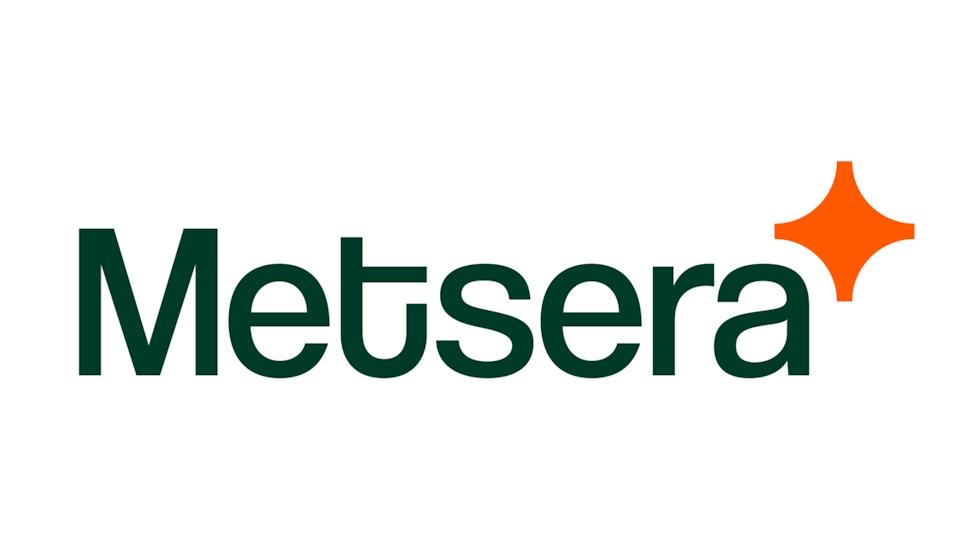Covis finally pulls preterm birth drug Makena from market

Covis Pharma, current maker of the preterm birth drug Makena, has withdrawn it from the market after a US Food and Drug Administration (FDA) panel deemed it ineffective. Approved more than a decade ago for the reduction of the risk of preterm birth, the company has said it is now moving to withdraw the medication.
Premature or preterm labour is labour that happens before the 37th week of pregnancy. According to the NHS, about 8 out of 100 babies will be born prematurely in the UK, but the World Health Organization (WHO) notes that every year an estimated 15 million babies are born preterm, with this resulting in birth complications which are the leading cause of death among children under 5 years of age worldwide; three-quarters of those deaths, it says, could be prevented with current, cost-effective interventions.
According to the Centers for Disease Control and Prevention (CDCP), in 2021 preterm birth affected about 1 in every 10 infants born in the United States, rising from 10.1% in 2020 to 10.5% in 2021. Racial and ethnic differences in premature birth rates also remain, the rate among African-American women in 2021 (14.8%) being about 50% higher than the rate among white or Hispanic women (9.5% and 10.2%, respectively).
According to The Washington Post, since Makena was approved 12 years ago under the troubled K-V Pharmaceuticals, an estimated 350,000 people have taken the progesterone injection, intended for those who have previously had spontaneous singleton preterm births. A later confirmatory trial published in 2019 — in which 1,130 women received Makena and 578 a placebo — found that the drug did not actually affect premature births and in October 2020 the FDA’s Center for Drug Evaluation and Research proposed taking it off the market.
Two years later, in October 2022, the FDA’s Obstetrics, Reproductive, and Urologic Drugs Advisory Committee voted 14-1 after a three-day hearing that Makena should no longer remain on the market. A post-market trial has also not shown any benefit to babies and does not provide evidence that Makena reduces the risk of preterm birth in women who have previous had one.
According to The New York Times, Makena had long been cited by critics as a flawed example of the FDA’s Accelerated Drug Approval programme, after a succession of manufacturers – of which the Switzerland-based Covis is the latest one – could not provide convincing proof, after years of study, that the drug halts dangerous preterm births.
According to CNN, at the time of the FDA Committee’s decision in October 2022, Covis argued that withdrawal of Makena’s accelerated approval “would have significant negative public health consequences for high-risk pregnant women, including Black and minority women, and socially disadvantaged populations.”
Now, however, Covis says that it had outlined a plan for withdrawal soon after that hearing, a plan that included for a wind-down period permitting patients to finish the 21-week course of treatment, but that the FDA’s Center for Drug Evaluation and Research had rejected it.
Dr Raghav Chari, chief innovation officer at Covis, said: “While we stand by Makena’s favourable risk-benefit profile, including its efficacy in women at highest risk of preterm birth, we are seeking to voluntarily withdraw the product and work with the FDA to effectuate an orderly wind-down.”
In a letter sent by the company to FDA Commissioner Dr Robert Califf and chief scientist Dr Namandje Bumpus, it was stated that “Covis remains prepared to work cooperatively with the Agency to accomplish an orderly wind-down and withdrawal of Makena and its generics from the market.”
Furthermore, the letter stated that, “If a final order withdrawing the approval of Makena is issued, we respectfully request that the effective date of the order be set to allow for an orderly wind-down that would best serve the interests of the patients.”
The FDA panel decision also follows a new bill proposed by chair of the US House Energy & Commerce Committee, Frank Pallone (D-NJ), that would enhance the FDA’s authority to ensure products that receive accelerated approval are indeed providing a clinical benefit to patients.
Under the Accelerated Approval Integrity Act, the FDA would be granted the power to expedite the withdrawal of an accelerated approval status if the required post market studies are not completed within five years. However, trials might continue if the post-marketing study is completed and verifies the clinical benefit – which Covis’ post-market study has not done.
Image by Sepp, sourced from Pixabay.












